-
James Webb Space Telescope has found the first universe’s stars in an ancient galaxy
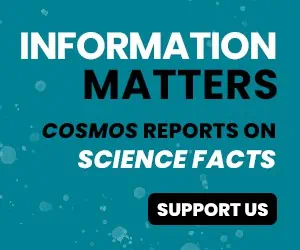
NASA’s James Webb Space Telescope (JWST) has yet again peered into the early universe giving scientists new insights into how the first stars formed galaxies. Our universe is about 13.8 billion years old. The JWST has wowed astronomers by revealing ancient galaxies that challenge our understanding of how they form. Within the first 6 months…
-
Voyager 1, First Craft in Interstellar Space, May Have Gone Dark
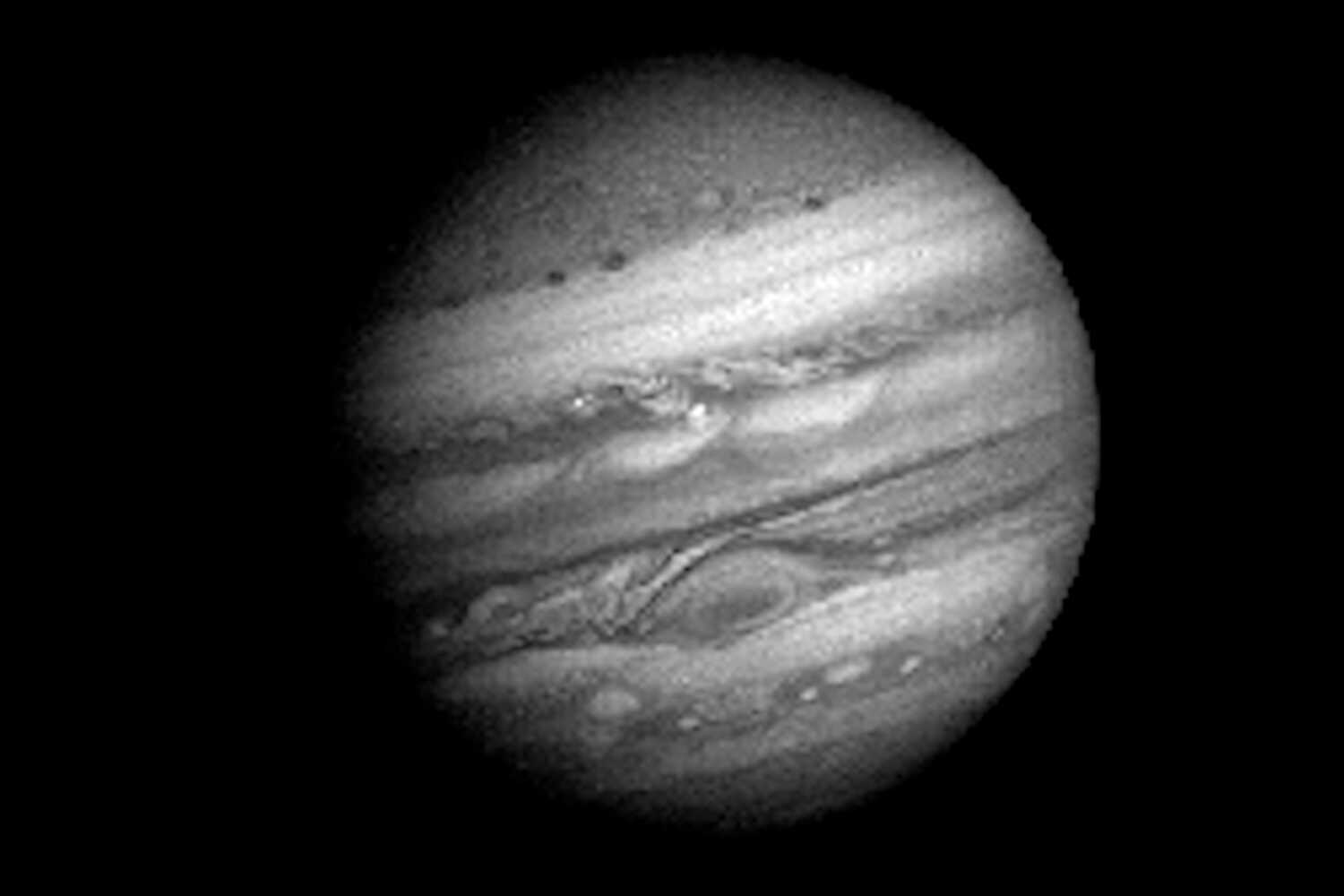
The 46-year-old probe, which flew by Jupiter and Saturn in its youth and inspired earthlings with images of the planet as a “Pale Blue Dot,” hasn’t sent usable data from interstellar space in months. A time-lapse video from NASA captures Voyager 1’s approach to Jupiter.By NASA When Voyager 1 launched in 1977, scientists hoped it…
-
James Webb telescope detects oldest ‘dead’ galaxy in the known universe — and its death could challenge cosmology

Astronomers using the James Webb Space Telescope (JWST) have discovered the oldest “dead” galaxy ever seen — but the cosmic corpse has left scientists puzzled as it defies explanation by our current knowledge of the early cosmos. The galaxy suddenly and mysteriously halted star formation when the universe was just 700 million years old, when…
-
How this astronomer brings space down to Earth
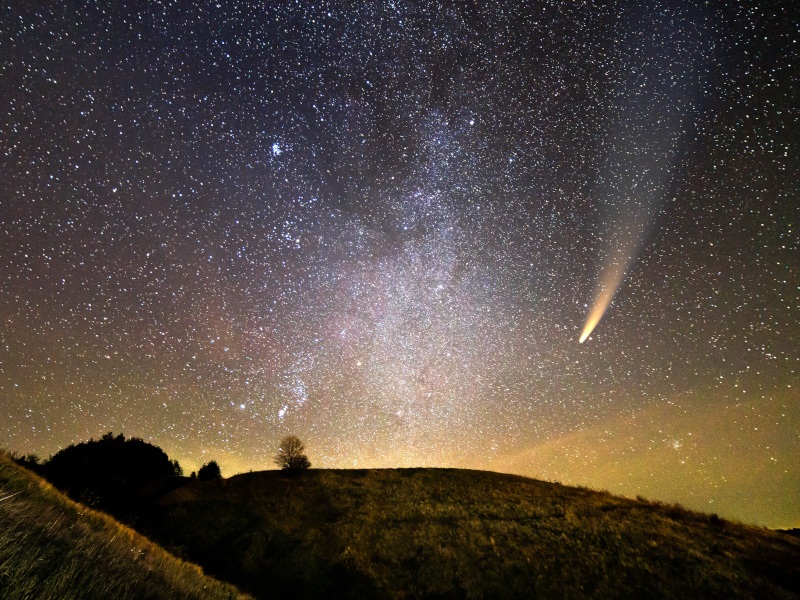
Astronomer Dr Rok Nežič talks outreach, scientific value and why we’re all comets if you think about it. The science advocacy group, Science Europe, succinctly explains the value of scientific communication and outreach programmes: “the science doesn’t speak for itself”. As such, science communicators can bridge the gap between the experts and the people who…
-
Rare 11th-century star chart reveals complex history of Islamic, Jewish and Christian astronomy
An 11th-century astrolabe — a device used for accurately calculating the date and time based on star positions — found in a museum in Verona, Italy, is clear evidence for scientific exchange and cooperation between Muslim, Jewish and Christian people, a new study finds. The astrolabe stands out because, having been built by Muslim craftsmen,…
-
100x the power of JWST? Diffractive lenses could alter astronomy
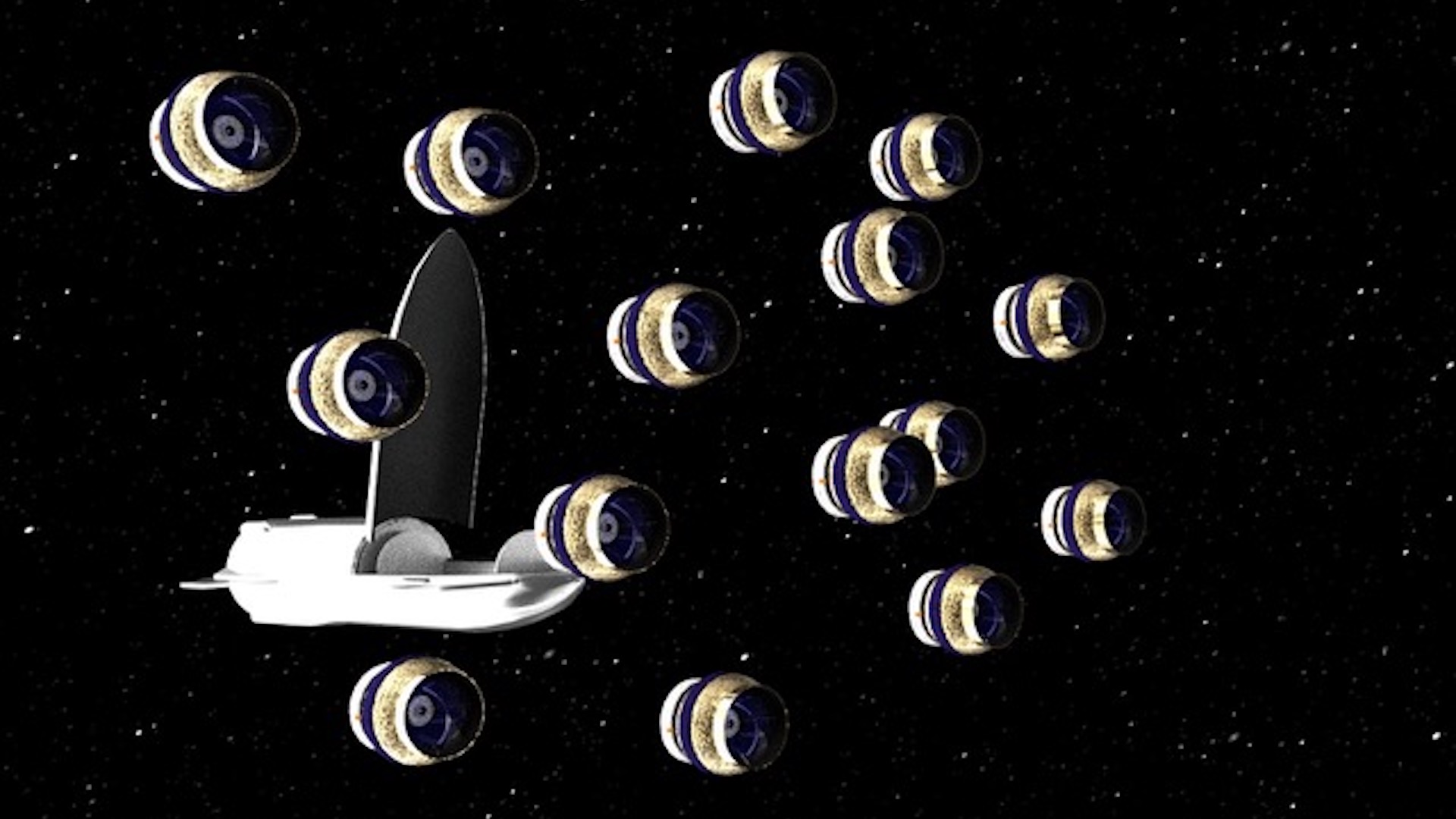
A team of scientists from The University of Arizona aims to usher in a new era for space observatories. The team believes its in-development Nautilus Space Observatory could have up to 100 times more sensitivity than the James Webb Space Telescope. In an interview with IE, team leader Daniel Apai explained that “we are at…
-
Astronomers find heaviest black hole pair in the universe, and they’ve been trapped in an endless duel for 3 billion years
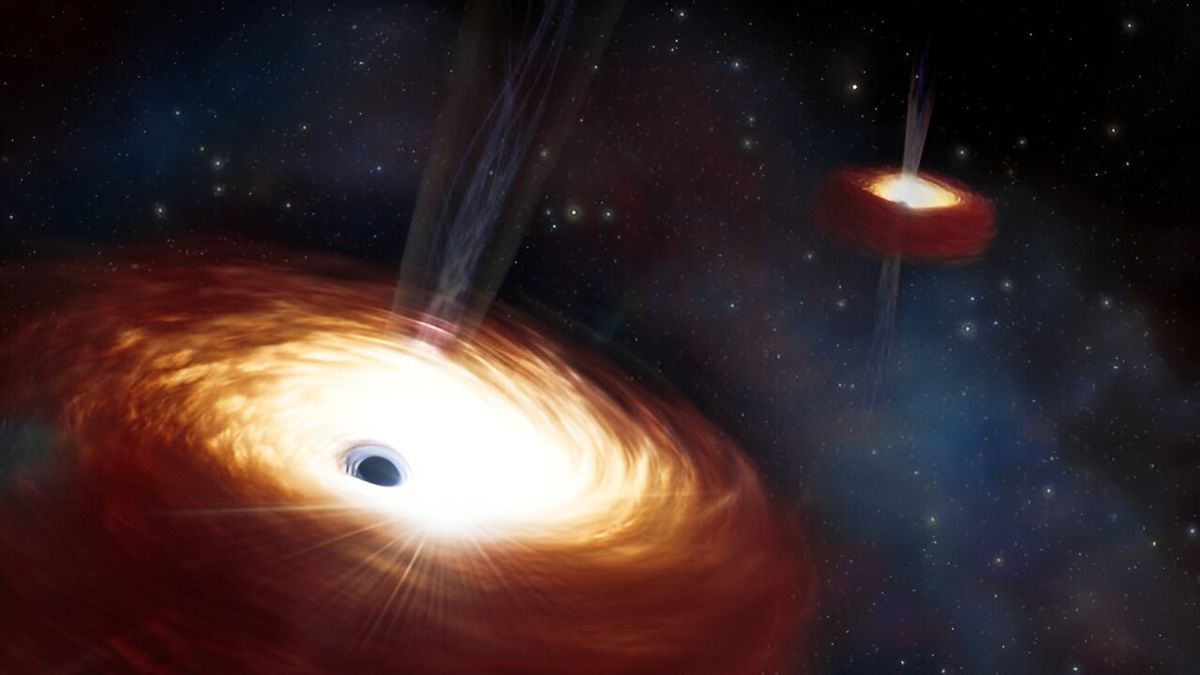
Astronomers have spotted the heaviest black hole pair ever seen — a duo weighing the equivalent of 28 billion suns. The black holes’ combined mass is so great that they refuse to collide and merge. The black hole binary, embedded inside the “fossil” galaxy B2 0402+379, consists of two enormous supermassive black holes circling each…
-
An Ocean Moon Thought to Be Habitable May Be Oxygen-Starved
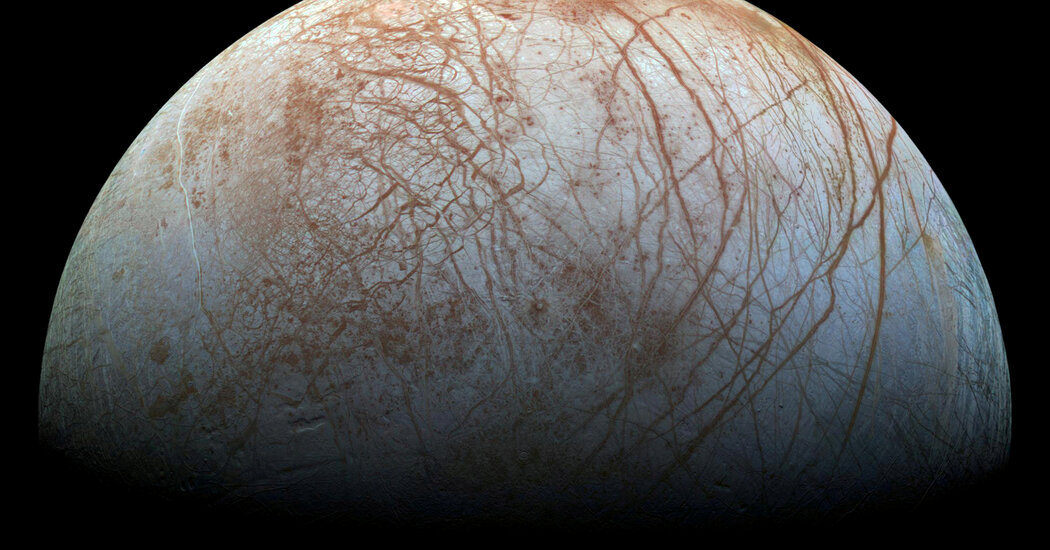
Under its bright, frosty shell, Jupiter’s moon Europa is thought to harbor a salty ocean, making it a world that might be one of the most habitable places in our solar system. But most life as we know it needs oxygen. And it’s an open question whether Europa’s ocean has it. Now, astronomers have nailed…
-
The James Webb Space Telescope’s targets over the next year include black holes, exomoons, dark energy
The Space Telescope Science Institute has announced which astronomy proposals have been selected to be given time with the James Webb Space Telescope over the next two years. On Thursday (Feb. 29), the organization outlined 253 General Observers (GO) programs that will use humanity’s most powerful and sensitive space telescope for a collective 5,500 hours…
-
Astronomy concentration makes space to study the cosmos

Photo by Emma Sylvester for The Lafayette The astronomy concentration is a subset of the physics major, which calls Hugel Science Center its home. .sno-story-photo-area { width: 100%; margin-bottom: 0px; max-width: 100%; margin-left: auto; margin-right: auto; } .sno-story-photo-area img { object-fit: contain; } .sno-story-photo-area .sno-story-photo-image-area { height: unset; max-height: unset; background: #dddddd; } .sno-story-photo-area .sno-story-photo-image-area…